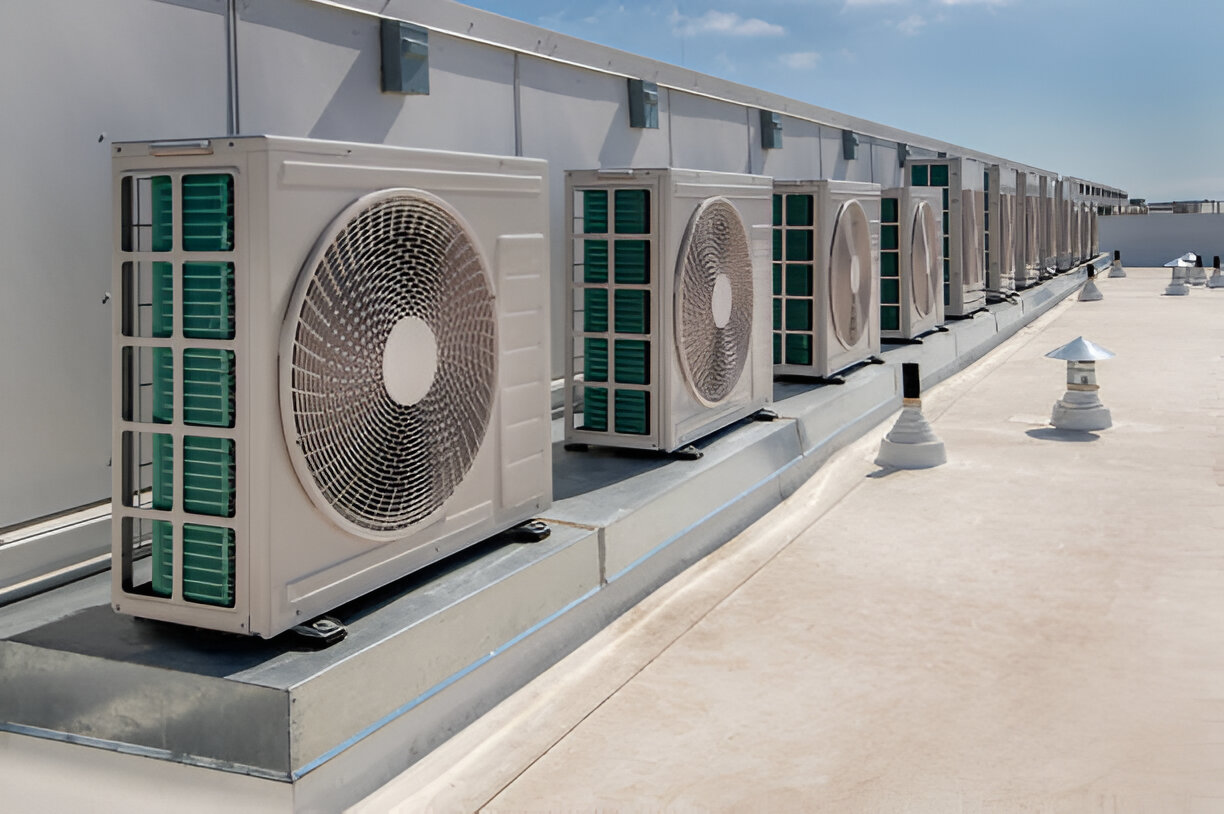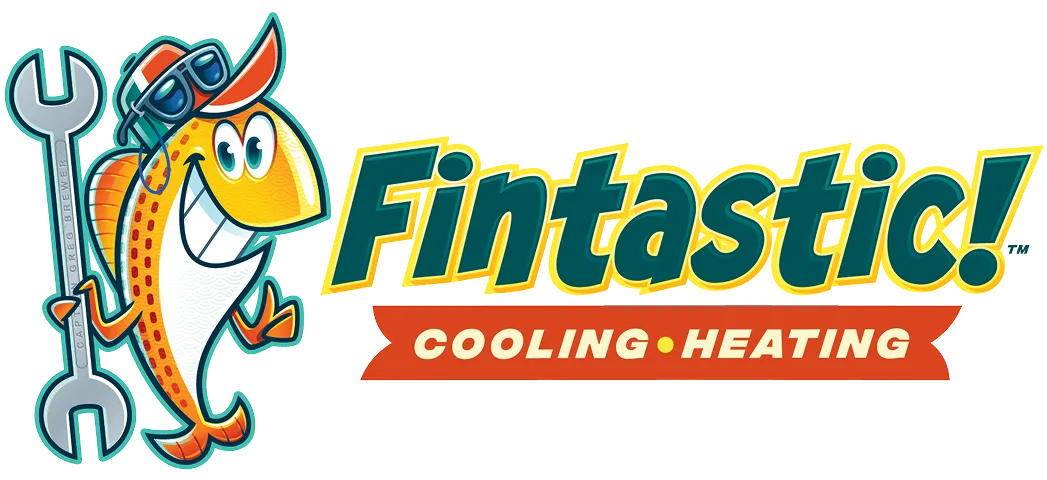Emergency HVAC Services in Missouri City, TX
Emergency HVAC Services in Missouri City, TX
When your heating, ventilation, or air conditioning system fails unexpectedly, every minute matters—especially during Missouri City’s hot, humid summers or the occasional cold snap. Our Emergency HVAC Services in Missouri City, TX are designed for fast, expert response 24 hours a day, 7 days a week.

Why emergency HVAC response matters in Missouri City
Missouri City experiences long, oppressive summers with high humidity and heavy AC demand. Prolonged downtime can create unsafe indoor heat, damage property (from humidity and condensation), and worsen health conditions for infants, elderly residents, or anyone with respiratory concerns. Storms and occasional power outages can also trigger HVAC faults or electrical hazards. Fast, professional emergency service minimizes risk, restores comfort, and protects equipment from further damage.
Common emergency HVAC scenarios in Missouri City
- Complete cooling failure during heat waves — compressor failures, electrical trips, or control board faults that leave a home without cooling.
- Sudden loss of furnace or heat during winter cold snaps — pilot or ignition failures, gas supply interruptions, or control issues.
- Refrigerant leaks causing no cooling — low refrigerant triggers system shutdowns and reduces performance.
- Compressor or condenser motor failure — loud noises, tripped breakers, or complete shutdown.
- Electrical issues and breaker trips — wiring faults, failed capacitors, short circuits, or overloaded circuits.
- Frozen evaporator coil or blocked airflow — dirty filters or fan failures causing icing and system shutdown.
- Condensate drain backups and water leaks — overflowing pans, water damage, or safety switch trips.
- Strange smells or smoke — burning odors, electrical smells, or potential carbon monoxide concerns with gas equipment.
- Thermostat or control failures — unresponsive or erratic thermostats that prevent system operation.
- Storm-related damage — debris, flooding, or lightning-related electrical faults affecting outdoor units.
Expected response times and dispatch priorities
- For locations within Missouri City, technicians are typically dispatched with priority for life-safety or health-critical situations (e.g., loss of cooling for medically vulnerable occupants or suspected gas leaks). Typical local response time windows vary depending on time of day and traffic but are generally fastest during daytime and can be longer during severe weather or high-call-volume periods. Dispatchers provide an estimated arrival window based on current conditions and proximity.
After-hours pricing policy (what to expect)
- Emergency service commonly operates on a different pricing structure than standard business-hour maintenance or repairs. Rather than listing rates, the after-hours policy clarifies that there is an emergency or dispatch fee for 24/7 availability, and that labor rates for urgent visits may differ from scheduled service calls. Estimates are provided on-site once the problem is diagnosed. For transparency, technicians explain any after-hours or emergency-level charges before starting noncritical repairs.
Safety protocols followed on every emergency call
- Personal protective equipment and hygiene practices for technician and occupant safety.
- Gas and carbon monoxide screening before entering or working on combustion appliances.
- Electrical isolation and lockout/tagout when wiring or control issues are present.
- Refrigerant handling compliance with EPA-approved practices and recovery equipment for leak work.
- Flood and storm precautions for units affected by water or standing conditions.
- Documentation of hazard conditions and safe work recommendations if a repair cannot be completed immediately.
What to have ready when requesting urgent service
Preparing key information speeds dispatch and improves on-site outcomes:
- Your address and a clear description of the problem (no cooling, unusual noises, water leak, smell of gas).
- System type and age if known (central AC, heat pump, furnace, packaged unit).
- Indoor temperatures and any error codes displayed on the thermostat or system control.
- Whether anyone in the home has medical needs affected by loss of HVAC.
- Safe access instructions or gate codes and whether pets are confined.
- Recent maintenance history or recent work performed on the system.
Benefits of prompt emergency HVAC service and post-emergency steps
- Protects health and safety by restoring safe indoor temperatures and eliminating combustion or refrigerant hazards.
- Reduces equipment damage by addressing minor issues before they cause major component failure.
- Lowers overall repair costs over time by preventing cascading failures.
- After an emergency repair, consider scheduling a comprehensive inspection and preventive maintenance to address root causes—cleaning coils, checking refrigerant charge, replacing worn capacitors, and verifying electrical integrity reduce the chance of repeat emergencies.
Final notes on emergency readiness in Missouri City
Given Missouri City’s climate and seasonal weather events, having access to reliable 24/7 emergency HVAC response is essential for homeowner safety and comfort. Rapid diagnostics, on-site stabilization, clear communication about after-hours policies, and strict safety protocols ensure problems are handled quickly and professionally when they matter most.
Customer Testimonials
Our customers praise our exceptional service and attention to detail, consistently exceeding expectations.































































